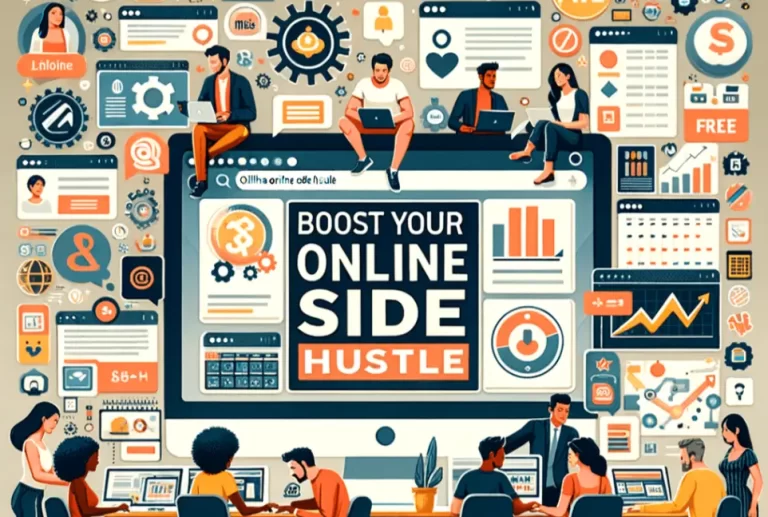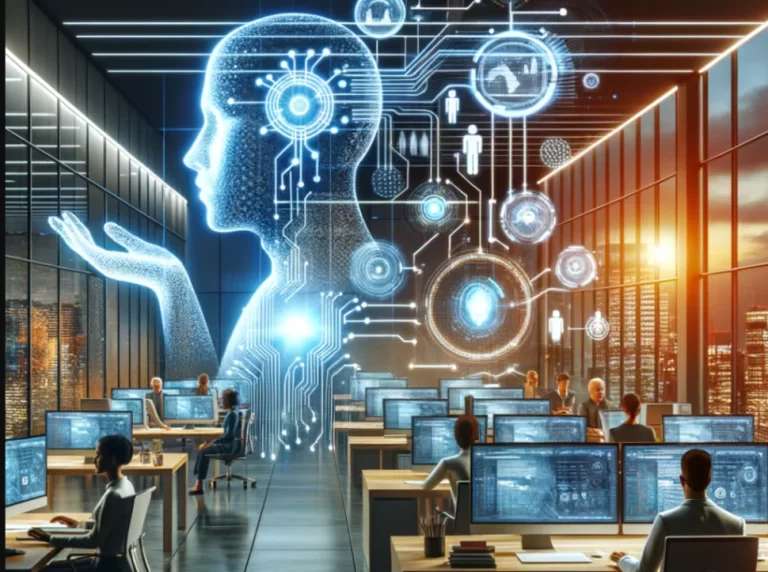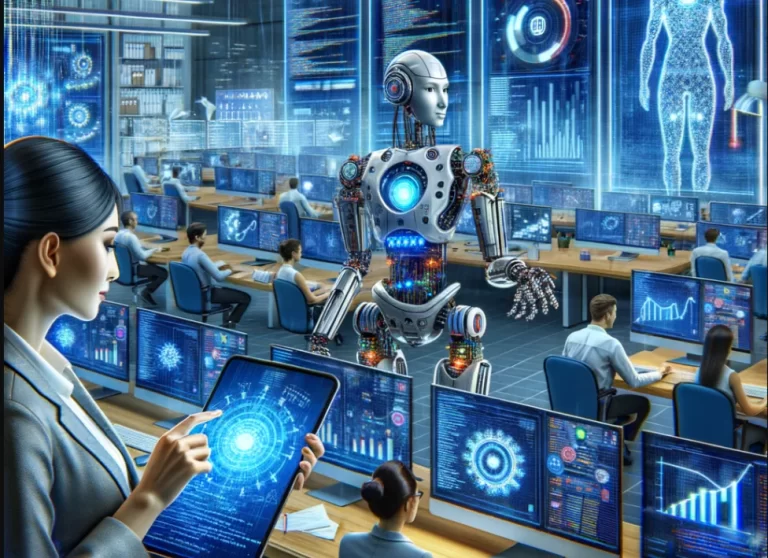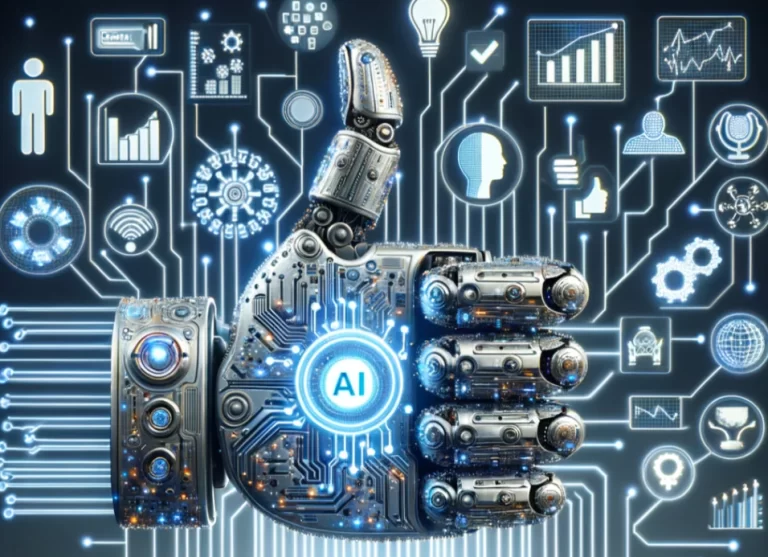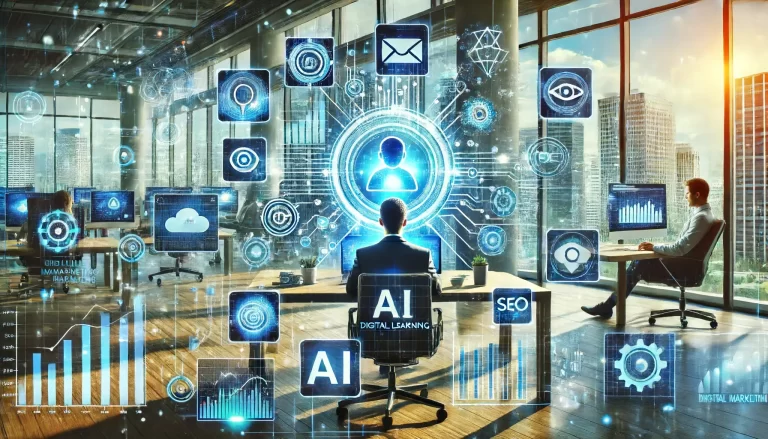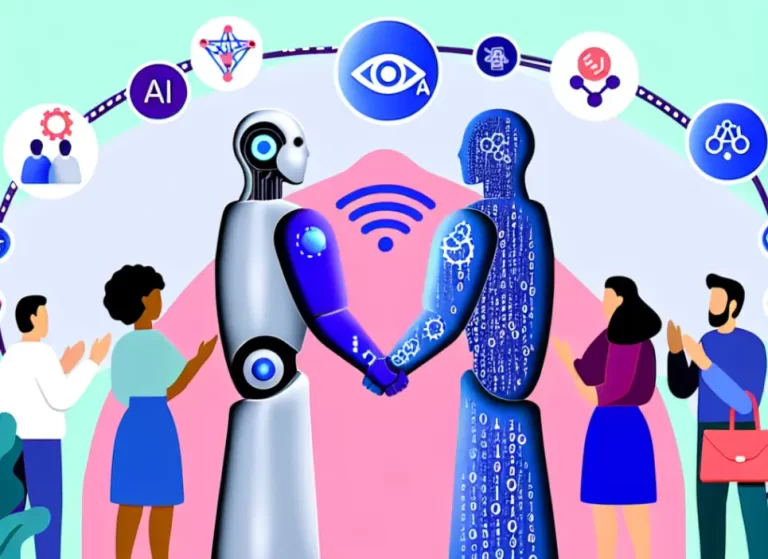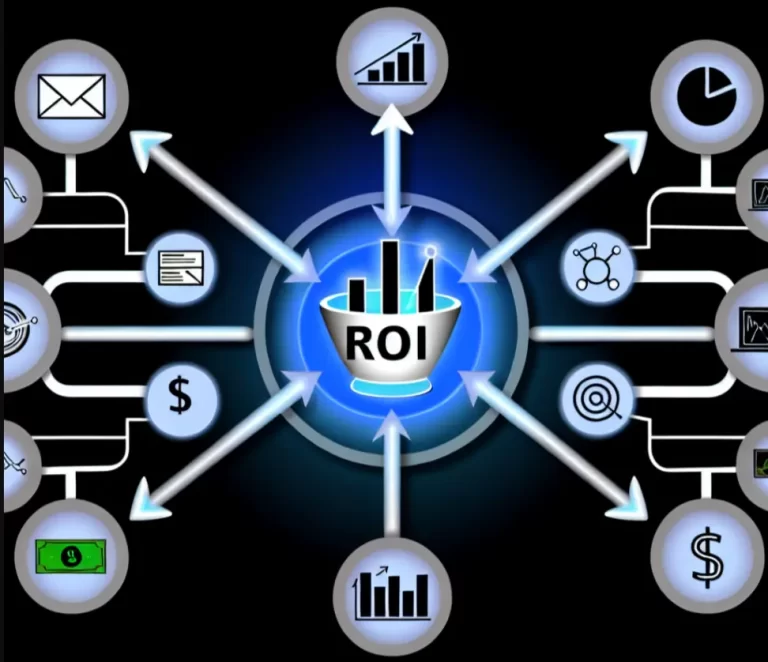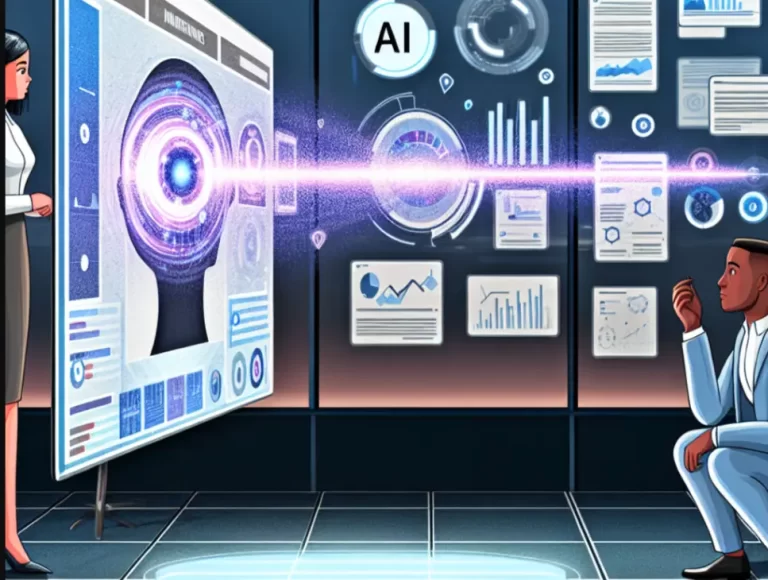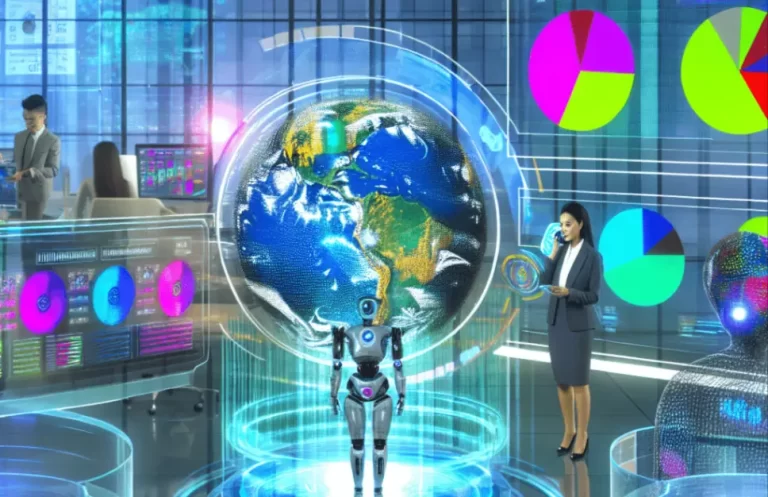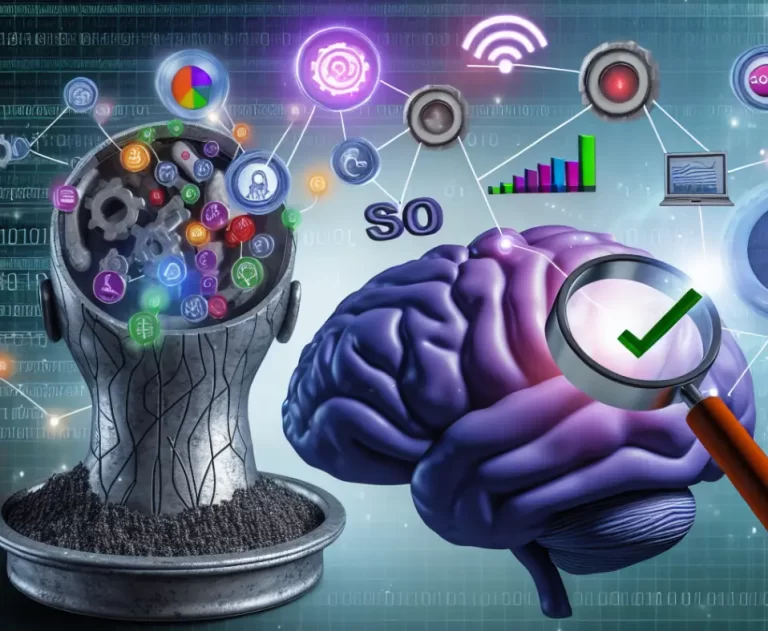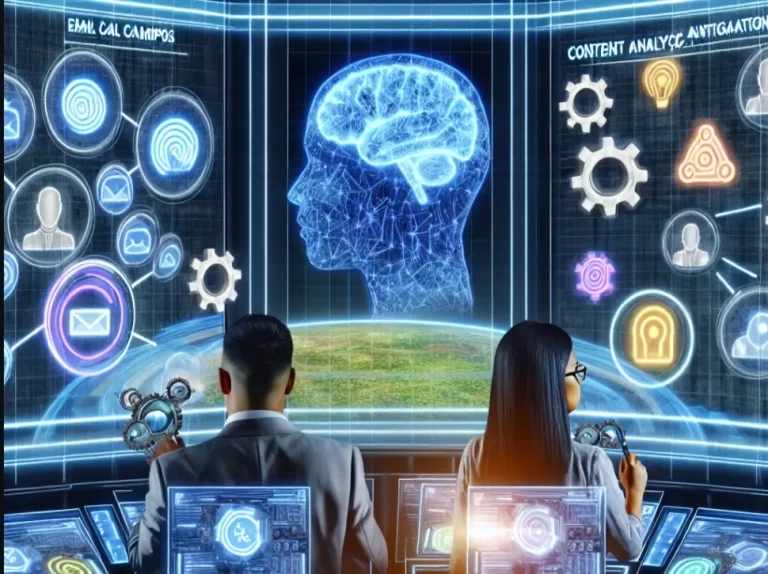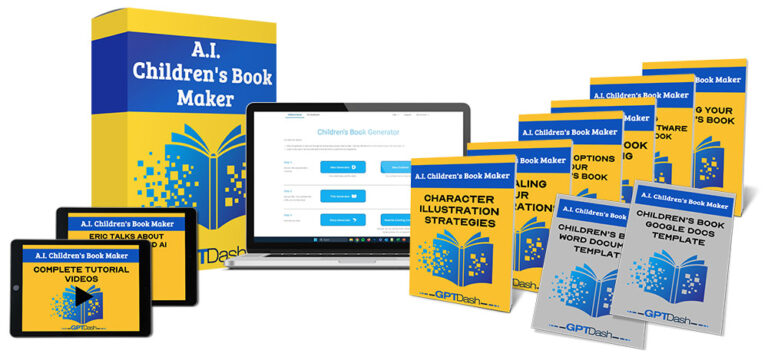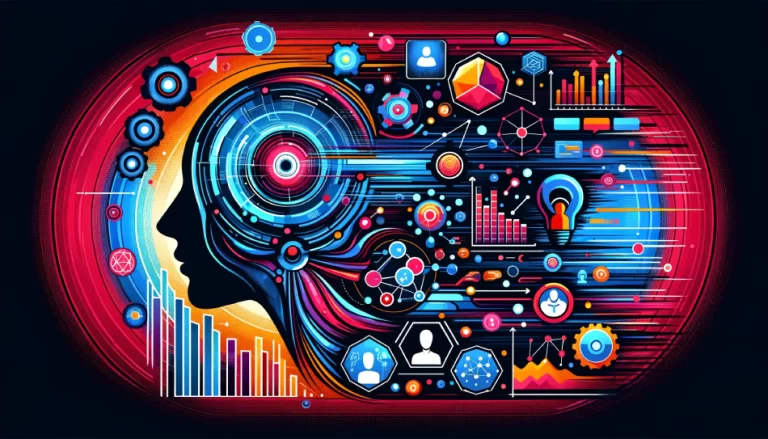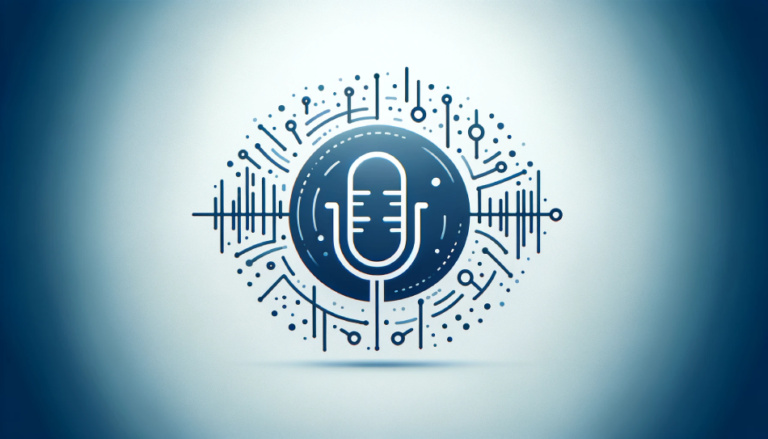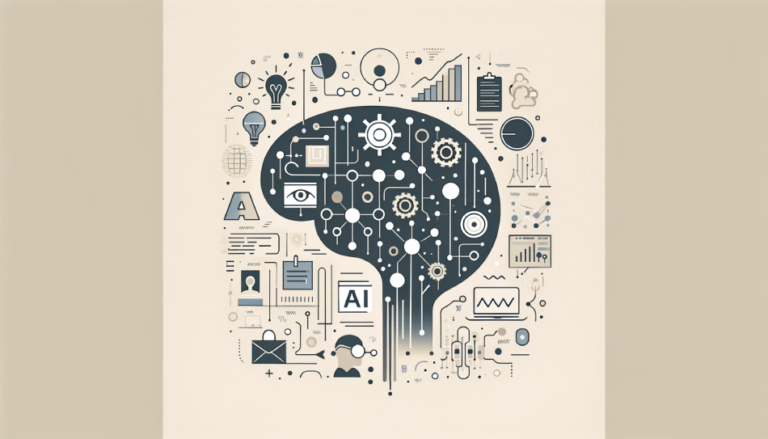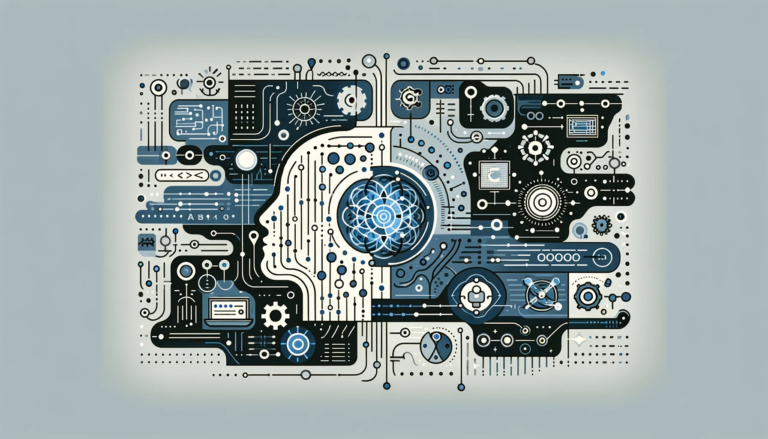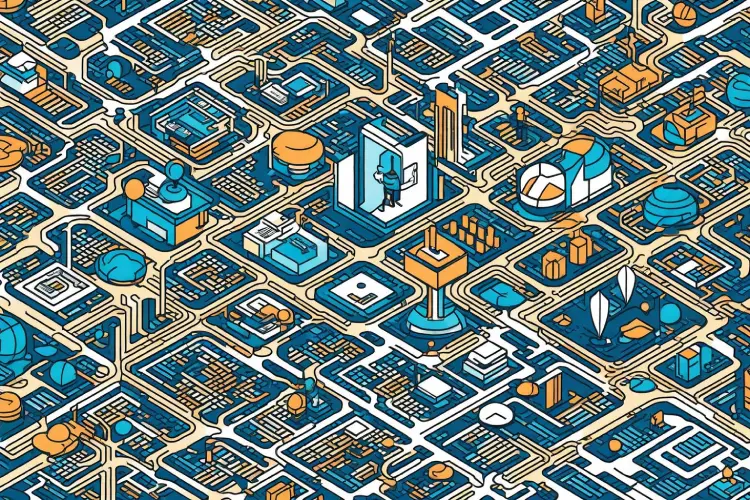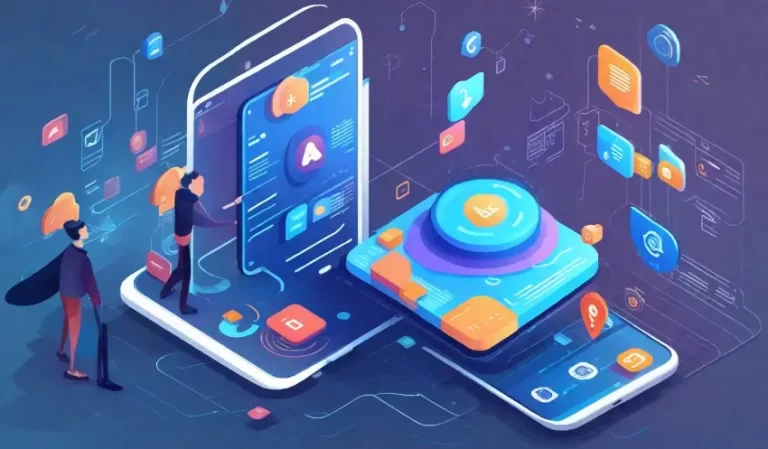Introduction to AI in Marketing
If you’re wondering whether AI is just another buzzword or a game-changer, you’re in the right place. Spoiler alert: it’s the latter! Let’s dive into why AI is making waves in the marketing sphere.
First off, let’s get clear on what we mean by AI. In marketing terms, Artificial Intelligence encompasses various technologies that enable machines to perform tasks that would normally require human intelligence. Think of things like using algorithms to analyze data, predict trends, or even compose personalized content.
Why Should You Care About AI in Marketing?
Simply put, AI is revolutionizing the way businesses engage with their audiences. Imagine having a personal assistant who works 24/7, never gets tired, and makes data-driven decisions. Sounds awesome, right? That’s the magic of AI.
Here are a few reasons why AI is a game-changer:
- Efficiency: AI can handle repetitive tasks like data analysis, freeing up time for you to focus on more strategic initiatives.
- Accuracy: With AI, you minimize human errors, making your marketing efforts more precise and effective.
- Scalability: AI-driven tools can easily scale your campaigns, reaching more people without additional effort from your end.
How AI is Stepping Up its Game
Gone are the days when AI was just about chatbots and basic automation. Today, AI is capable of much more:
- Predictive Analytics: AI can analyze past behaviors to predict future trends, giving you insights that can shape your marketing strategies.
- Content Creation: Believe it or not, AI can help create customized content for different segments of your audience. This isn’t about replacing human creativity but enhancing it.
- Customer Insights: AI-driven tools can provide deep insights into customer behavior, helping you understand what your audience really wants.
A Real-World Example
Let’s take a moment to talk about Netflix. Ever wondered how they always seem to know what you want to watch next? That’s AI at work! Netflix uses AI algorithms to analyze your viewing habits and recommend content tailored just for you. This personalized experience keeps viewers coming back for more, and that’s a powerful marketing tool.
Get Ready to Embrace AI
Feeling excited yet? AI isn’t just for tech giants; businesses of all sizes can leverage it to enhance their marketing efforts. Whether you’re a small business owner or a seasoned marketer, understanding and integrating AI into your marketing strategy can set you apart from the competition.
So, buckle up! As we move forward, AI will continue to evolve and bring even more exciting possibilities to the world of marketing. Stay tuned to learn more about how you can make the most of this transformative technology.
Ready to explore further? Let’s keep this journey going!
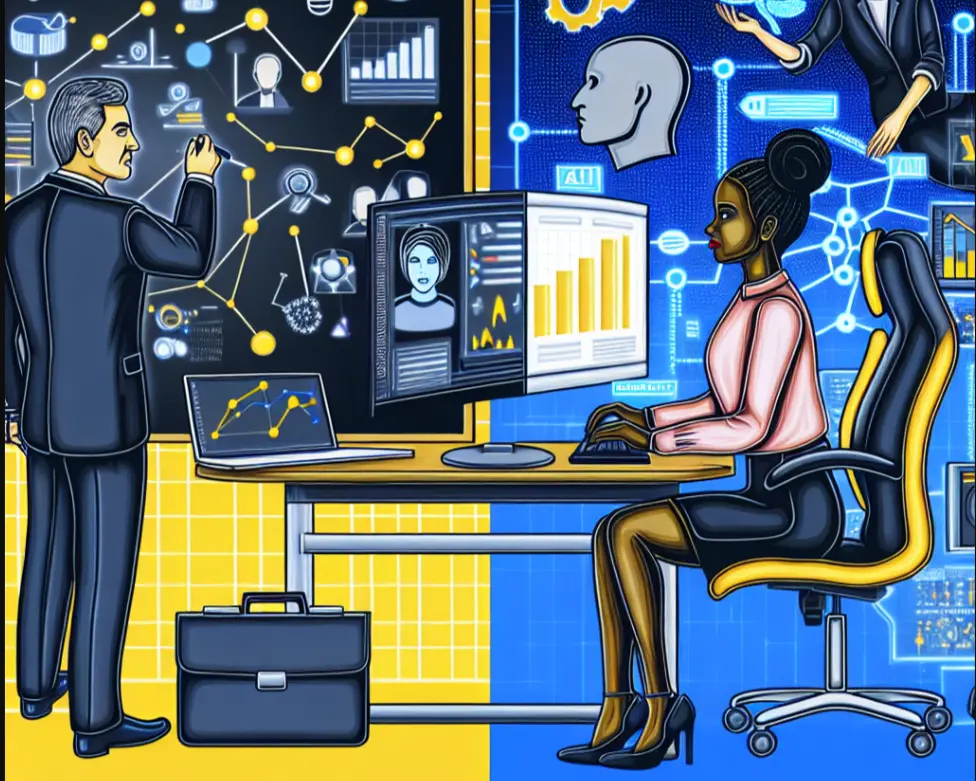
Current State of AI Automation in Marketing
Hey there! Let’s dive into the exciting world of AI automation in marketing. Right now, we’re living in a time when technology is drastically transforming how marketers do their jobs, and AI is leading the charge.
First off, let’s talk about what AI automation actually means for marketing. Basically, it’s all about using artificial intelligence to streamline and enhance various marketing tasks. From analyzing data to personalizing customer experiences, AI is making these processes faster, more efficient, and incredibly effective.
What’s Happening Right Now?
So, what’s the current state of AI automation in marketing? Glad you asked! Here are some of the key areas where AI is making a big impact:
- Data Analysis: AI can process and analyze mountains of data in no time. This helps marketers understand customer behaviors, preferences, and trends much quicker than traditional methods.
- Content Creation: Believe it or not, AI is now capable of creating content. Tools like GPT-3 can generate blog posts, social media updates, and even product descriptions, saving marketers tons of time.
- Customer Support: Chatbots and virtual assistants are becoming the norm. They can handle customer inquiries 24/7, providing instant support and freeing up human agents for more complex tasks.
- Email Marketing: AI can optimize email campaigns by segmenting audiences and personalizing content, ensuring that each customer receives the most relevant messages.
- Ad Targeting: AI algorithms can analyze user data to deliver highly targeted and personalized ads, improving the ROI on ad spend.
The Tools Making It Happen
There are some incredible tools out there that are making AI automation a breeze for marketers. Here are a few you might have heard of:
- HubSpot: This all-in-one marketing platform integrates AI to help with everything from content creation to lead scoring.
- Salesforce: Known for its robust CRM capabilities, Salesforce uses AI to provide predictive insights and automated customer interactions.
- Marketo: This tool uses AI to drive personalized marketing campaigns and track their effectiveness in real-time.
These tools are becoming increasingly sophisticated and user-friendly, making it easier for marketers of all skill levels to harness the power of AI.
Real-World Examples
To give you a clearer picture, let’s look at some real-world examples of AI automation in action:
- Netflix: Uses AI algorithms to analyze viewing habits and recommend shows and movies tailored to individual preferences. This personalization keeps users hooked and coming back for more.
- Amazon: Employs AI to suggest products based on browsing and purchase history, significantly boosting sales through personalized recommendations.
- Spotify: Leverages AI to create customized playlists for users, analyzing their music tastes to deliver a unique listening experience.
Conclusion
All in all, the current state of AI automation in marketing is both dynamic and promising. With AI taking on more of the heavy lifting, marketers can focus on strategic and creative tasks, ultimately leading to more effective and engaging marketing campaigns. Exciting times, right?
Stay tuned as we explore more about AI’s role in marketing and how it’s shaping the future of this ever-evolving field!
Benefits of AI Automation for Marketers
Hey there, marketing enthusiasts! Let’s talk about something super exciting: the incredible benefits of AI automation in marketing. Imagine having a tireless assistant who never sleeps, constantly learning, and always ready to boost your marketing efforts. Sounds like a dream, right? Well, thanks to AI, this dream is a reality. Let’s dive into how AI automation can revolutionize your marketing game.
1. Time Savings
We all know time is money, especially in the fast-paced world of marketing. One of the most significant perks of AI automation is the sheer amount of time it saves. Whether it’s scheduling posts, managing email campaigns, or analyzing data, AI tools handle the mundane tasks, freeing you up to focus on strategy and creativity. Think about it—less time on repetitive chores means more time for brainstorming your next big campaign!
2. Enhanced Data Analysis
Data is the lifeblood of marketing, but sifting through mountains of information can be exhausting. Enter AI automation! These smart systems can process and analyze vast datasets at lightning speed, uncovering insights that might take humans days or even weeks to find. With AI, you get an in-depth understanding of customer behavior, preferences, and trends, enabling you to make data-driven decisions with confidence.
3. Personalization at Scale
Personalized marketing is no longer a luxury; it’s a necessity. Customers expect tailored experiences, and AI makes it possible to deliver just that—at scale. AI algorithms can segment your audience and create customized content that resonates with each individual. Imagine addressing each customer by their name, recommending products they’ll love, and sending them relevant offers—all automatically. It’s like having a personal concierge for each of your clients!
4. Improved Customer Engagement
Engaging with customers can be a full-time job, but AI automation can make it much easier. Chatbots, for example, are always on standby to answer queries, provide support, and even upsell your products. And they do it all in real-time! This kind of instant interaction not only enhances customer satisfaction but also keeps them engaged with your brand around the clock.
5. Cost Efficiency
Let’s talk dollars and cents. Implementing AI automation can lead to significant cost savings. By automating routine tasks, you reduce the need for manual labor, which can cut down operational costs. Plus, with more accurate targeting and better data analysis, your marketing campaigns become more effective, yielding a higher return on investment. It’s a win-win!
6. Predictive Analytics
Wouldn’t it be amazing if you could predict what your customers want before they even know it themselves? With AI’s predictive analytics, that’s entirely possible. AI systems analyze historical data to forecast future trends and customer behaviors. This foresight allows you to stay ahead of the competition by anticipating market shifts and adjusting your strategies accordingly.
7. Streamlined Marketing Processes
Lastly, AI automation helps streamline your entire marketing workflow. From lead generation to conversion tracking, AI tools integrate seamlessly with your existing systems, creating a cohesive and efficient process. This ensures that every aspect of your marketing effort is aligned and working towards the same goals.
In a nutshell, AI automation offers a treasure trove of benefits for marketers. By embracing these technologies, you can save time, reduce costs, enhance personalization, and make more informed decisions. So why wait? The future of marketing is here, and it’s powered by AI!
Key AI Technologies Transforming Marketing
Hey there! Ever wondered how AI is shaking up the marketing world? Let’s dive into some of the coolest technologies making waves today. Trust me, you’ll find them as fascinating as I do!
1. Chatbots and Conversational AI
Picture this: You’re browsing your favorite online store, and a helpful little chat window pops up, offering assistance. That’s a chatbot in action! These smart assistants use **Natural Language Processing (NLP)** to understand and respond to customer queries in real-time. Whether it’s answering FAQs, guiding users through the purchasing process, or even handling complaints, chatbots are revolutionizing customer service.
2. Predictive Analytics
Ever get that uncanny feeling when an ad pops up for something you were just thinking about? That’s predictive analytics at work. By analyzing vast amounts of data, AI can predict customer behavior with astonishing accuracy. Marketers can then tailor their strategies, ensuring they hit the right audience at the right time. Imagine knowing what your customers want before they do—how cool is that?
3. Content Generation
Creating content that’s both engaging and SEO-friendly can be a headache. Enter AI-powered content generation tools! These nifty programs can whip up blog posts, social media updates, and even product descriptions. They analyze existing content trends and use **Machine Learning (ML)** to craft pieces that resonate with your audience. So, not only do you save time, but you also ensure your content is always on point.
4. Image Recognition
Ever wondered how platforms like Instagram recommend posts that match your interests? It’s all thanks to image recognition technology. AI can analyze images to understand their content and context. Marketers can use this to their advantage by identifying trending visuals and leveraging them in their campaigns. Plus, with tools like visual search, customers can find products by simply uploading a picture—talk about convenience!
5. Personalization Engines
We all love a personalized experience, don’t we? AI-driven personalization engines analyze user behavior to deliver customized content, offers, and recommendations. Think Netflix suggesting your next binge-watch or Spotify curating your daily mix. By creating a tailored experience, these engines increase engagement and drive conversions.
6. Sentiment Analysis
Have you ever wondered what your customers really think about your brand? Sentiment analysis tools can help. By examining social media posts, reviews, and other user-generated content, these AI tools can gauge public sentiment. Marketers can then tweak their strategies to address negative feedback or amplify positive vibes. It’s like having a finger on the pulse of your audience!
7. Programmatic Advertising
Finally, let’s talk about programmatic advertising—a game-changer in the ad world. This technology uses AI to automate the buying and placement of ads, ensuring they’re shown to the right people at the right time. It’s all about efficiency and effectiveness. By analyzing user data, programmatic platforms can bid on ad spaces in real-time, maximizing ROI and reducing wasted ad spend.
So, there you have it! These key AI technologies are not just transforming marketing; they’re making it smarter, more efficient, and incredibly exciting. Whether you’re a seasoned marketer or just starting out, embracing these tools can give you a competitive edge and keep you ahead of the curve. Happy marketing!
Trends in AI-Driven Personalization
Hey there! If you’ve been paying attention to the world of marketing lately, you’ve likely heard a lot of buzz about AI-driven personalization. This trend is not just a fleeting fad, but a game-changer that’s reshaping how marketers connect with their audience. Let’s dive into what’s hot in AI-driven personalization and how it’s transforming the marketing landscape.
The Rise of Hyper-Personalization
Gone are the days when just addressing an email by the recipient’s first name counted as personalization. Today, AI is enabling what’s known as hyper-personalization. This involves leveraging vast amounts of data to customize marketing messages at an individual level. Imagine receiving product recommendations based on your browsing history, purchase patterns, and even your social media activity. That’s hyper-personalization in action, and it’s making marketing more relevant and engaging than ever before.
Real-Time Personalization
Another exciting trend is real-time personalization. Thanks to AI, marketers can now deliver personalized content instantly based on a user’s current behavior. For instance, if a user is browsing winter jackets, an AI algorithm can immediately display related accessories like scarves or gloves. This on-the-fly customization helps in capturing the user’s attention and increasing the likelihood of conversion.
Chatbots and Conversational AI
You’ve likely interacted with a chatbot while shopping online or browsing a website. Chatbots powered by AI are getting smarter and more intuitive. These conversational agents can provide personalized recommendations, answer queries, and even help with the checkout process. By analyzing previous interactions and purchasing behavior, chatbots can offer a tailored experience that feels almost human.
Enhanced Customer Segmentation
Traditional customer segmentation often involves grouping users based on broad characteristics like age or location. AI-driven personalization takes this a step further by creating micro-segments. AI algorithms analyze a multitude of data points to identify niche segments within your audience. This allows marketers to craft highly targeted campaigns that resonate with very specific groups, thereby boosting engagement and conversion rates.
Content Personalization
Let’s talk content. AI is revolutionizing how content is personalized for different audiences. From personalized email subject lines to dynamic website content, AI ensures that every piece of content is tailored to the user’s preferences. For example, AI can analyze which types of blog posts a user frequently reads and then recommend similar content. This not only keeps users engaged but also increases the time they spend on your site.
Data-Driven Decision Making
AI-driven personalization wouldn’t be possible without data. The ability to collect and analyze vast amounts of data allows marketers to make informed decisions. AI tools help in understanding customer behavior, predicting future trends, and optimizing marketing strategies. This data-driven approach ensures that personalization efforts are not just guesswork, but are backed by solid insights.
Wrapping it Up
AI-driven personalization is transforming the way marketers approach their audience. From hyper-personalization and real-time customization to smart chatbots and enhanced segmentation, the possibilities are endless. As AI technology continues to evolve, we can expect even more innovative ways to create personalized experiences that delight customers. So, if you’re a marketer looking to up your game, now’s the time to embrace AI-driven personalization. You won’t be disappointed!
Have questions or thoughts on AI in marketing? Feel free to share in the comments below!
Challenges and Considerations in AI Marketing Automation
Hello there, savvy marketer! Let’s dive into the nitty-gritty of AI marketing automation. While AI offers a world of possibilities, it’s not all sunshine and rainbows. There are some tough nuts to crack. Buckle up as we explore these challenges and considerations together.
1. Data Privacy and Security
First things first, data privacy! With AI-driven marketing, we’re dealing with boatloads of data. Personal data, behavioral data—you name it. Handling this data responsibly is crucial. You don’t want to be the marketer who accidentally leaks sensitive customer information. That’s a PR nightmare!
Pro Tip: Always stay updated on data protection regulations like GDPR and CCPA. Ensuring your AI tools comply with these standards can save you from hefty fines and reputational damage.
2. Quality of Data
Ever heard the phrase “garbage in, garbage out”? It rings especially true for AI. If you’re feeding your AI systems low-quality or biased data, don’t expect magic. Inaccurate data can lead to flawed predictions and misguided marketing strategies.
Authoritative Advice: Invest in data quality management. This means regular data cleaning and validation. High-quality data ensures that your AI systems deliver reliable insights and recommendations.
3. Integration with Existing Systems
AI tools are fantastic, but they need to play nice with your current marketing stack. Integration challenges can lead to inefficiencies and lost opportunities. Imagine your AI tool generating leads that can’t be seamlessly transferred to your CRM. Frustrating, right?
Engaging Tip: Before diving into AI, map out your existing tech ecosystem. Identify potential integration points and choose AI tools that offer robust compatibility with your current systems.
4. Skills Gap
Let’s face it: AI is complex, and not every marketer is an AI whiz. There’s often a skills gap that needs bridging. Training your team to effectively use AI tools can be time-consuming and costly.
Friendly Advice: Consider partnering with AI experts or investing in training programs. Upskilling your team can turn the AI learning curve into a competitive advantage.
5. Ethical Considerations
AI isn’t just about algorithms and data. It’s also about ethics. How transparent are your AI models? Are you avoiding biases in your marketing campaigns? These ethical considerations are critical.
Best Practice: Foster a culture of ethical AI use in your organization. Regularly review your AI models for fairness and transparency, and always prioritize human oversight.
6. Cost of Implementation
Implementing AI can be a pricey affair. From software licenses to integration costs, the expenses can quickly add up. And let’s not forget the ongoing costs of maintaining and updating your AI systems.
Money-Saving Tip: Start small. Implement AI in phases and measure the ROI before scaling up. This approach helps you manage costs effectively while still reaping the benefits of AI automation.
Wrapping Up
So, there you have it! AI marketing automation comes with its own set of challenges, but none that are insurmountable. With the right approach and a bit of diligence, you can navigate these hurdles and harness the power of AI to elevate your marketing game. Happy automating!
“`html
VII. Future Outlook: AI and the Evolution of Marketing
Picture this: You’re sipping your morning coffee, and your virtual assistant pings you with a detailed report of your latest marketing campaign. Not only does it tell you how well it performed, but it also suggests tweaks based on real-time data. Sounds like something out of a sci-fi movie, right? Well, this is the not-so-distant future of marketing, powered by AI!
The Rise of Predictive Analytics
Imagine having the ability to forecast customer behavior with almost pinpoint accuracy. Predictive analytics is set to revolutionize marketing by allowing businesses to anticipate trends, customer needs, and even potential pitfalls. With AI analyzing vast datasets, marketers can find patterns and insights that were previously unimaginable. This means smarter, more effective campaigns that hit the mark time and time again.
Hyper-Personalized Experiences
We’ve already seen a shift towards personalized marketing, but the future holds even more tailored experiences. AI will take personalization to the next level, offering customers content and recommendations that feel uniquely crafted just for them. Think personalized emails, unique website experiences, and product suggestions based on a user’s behavior and preferences. This deep level of personalization will foster stronger customer loyalty and drive higher conversion rates.
AI-Driven Creative Content
Ever thought about AI writing your next blog post or designing your next ad campaign? It’s not as far-fetched as it sounds. AI tools are getting increasingly sophisticated at creating engaging, creative content. From generating compelling headlines to crafting entire articles and designing eye-catching visuals, AI will become an invaluable tool for marketers looking to scale their content creation efforts without sacrificing quality.
Seamless Integration Across Channels
In the future, AI will ensure that all your marketing channels are in perfect harmony. From social media to email, from website to in-store experiences, AI will provide a seamless integration. This means a more cohesive brand experience for your customers, making their journey smoother and more enjoyable. As a marketer, you’ll be able to manage campaigns effortlessly, track performance across all channels, and make data-driven decisions that enhance your strategy.
Voice and Visual Search Optimization
With the surge in popularity of voice assistants and visual search technology, AI will play a crucial role in optimizing these channels. Marketers will need to adapt their strategies to cater to voice and visual search behaviors. This might involve creating voice-friendly content or optimizing images for search engines. As AI continues to evolve, it will provide the tools necessary to stay ahead in these emerging areas.
Ethical AI and Data Privacy
As we embrace AI more deeply, ethical considerations and data privacy will become paramount. Marketers will need to balance leveraging AI for data insights with respecting customer privacy and adhering to regulations. Transparent, ethical AI practices will build trust and ensure long-term success. This also means being vigilant about bias in AI algorithms and ensuring that your AI-driven strategies are fair and inclusive.
In summary, the future of marketing is incredibly exciting, with AI set to bring about profound changes. By staying informed about these advancements and integrating AI thoughtfully, marketers can unlock new levels of efficiency, creativity, and customer engagement. So, buckle up and get ready for an AI-powered marketing revolution that’s just around the corner!

